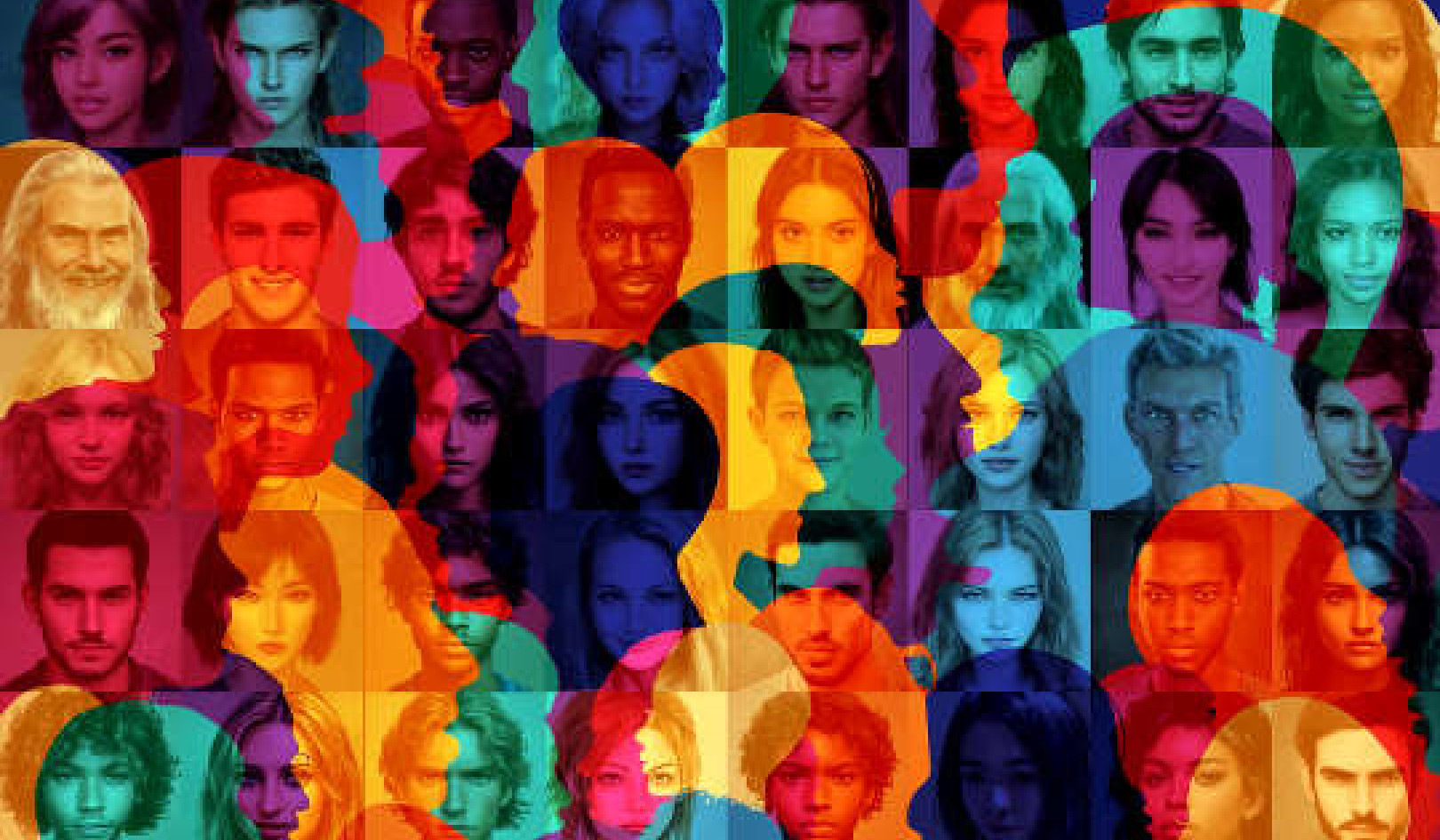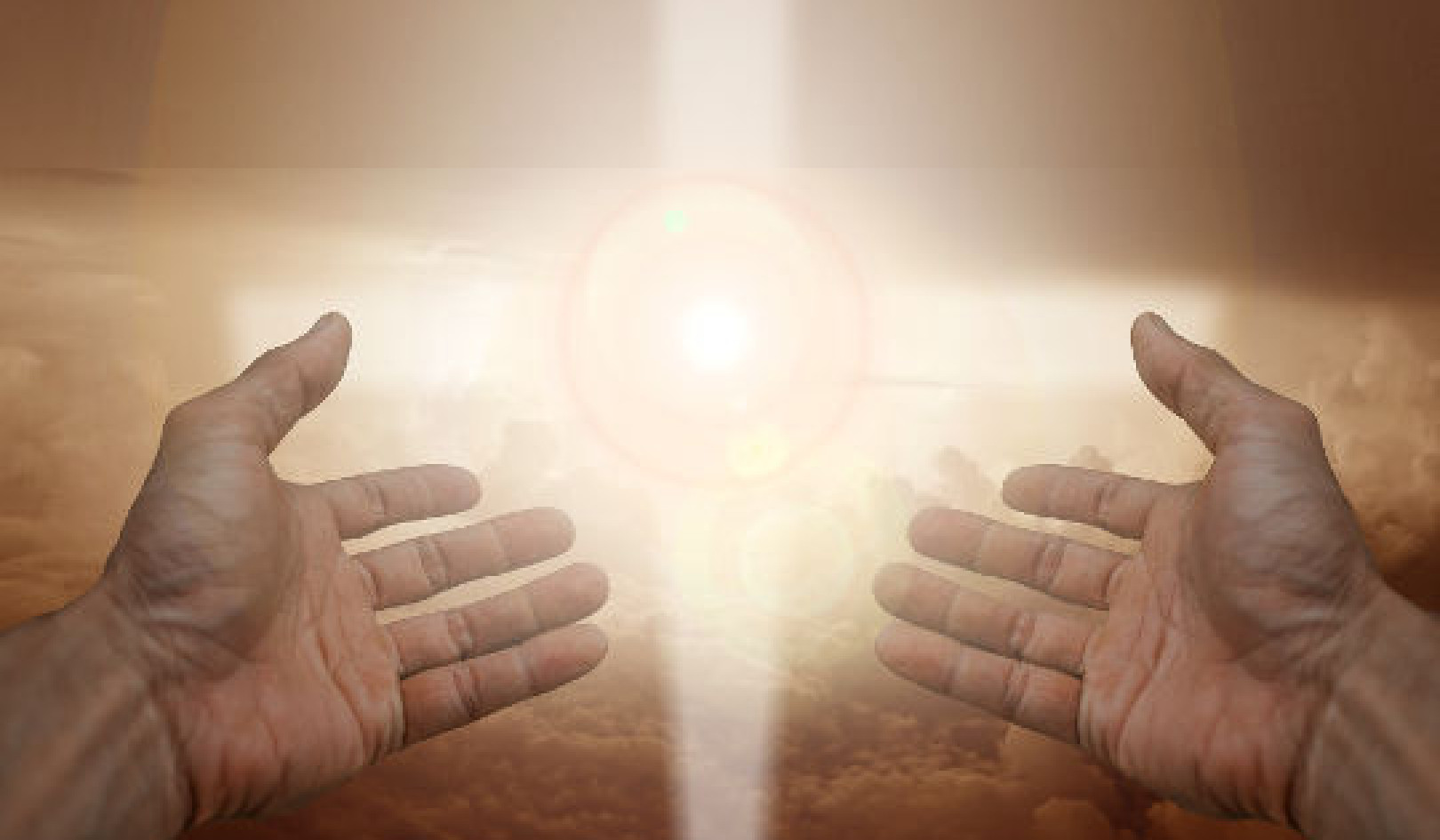
Image by Mylene2401
The level of hunger for “belonging” being expressed by a large number of white Americans today reflects a primary drive all people feel to belong to a family, a tribe, a social group, or a welcoming community system. Because we are innately social beings, all of us are born with an instinctive impulse to belong, to connect, and to engage regularly with other people. Indeed, our most compelling biological driver—the urge to procreate—demands that we first connect intimately with an “other” in order to fulfill our reproductive destiny. Without regular interpersonal connection, humanity as a species would cease to exist.
The impulse to belong, however, exposes a darker side of the human condition. Because most of us (especially in Western cultures) still perceive ourselves as separate individuals competing for increasingly scarce resources on a finite planet, our best means for determining our own success has been to observe what others are acquiring and achieving and then note how well we measure up against those others. We’ve then been using those same judgments about ourselves and others to self-organize socially in hierarchical ways for thousands upon thousands of years.
Whether we realize it or not, nearly all of us have become experts at assigning various values (positive or negative) to externally observed attributes like personal wealth, material possessions, birthrights, family bloodlines, land ownership, cultural backgrounds, value and belief systems, national origins, etc. We then use these labels and value judgments to mentally construct a complex, 3-D pyramid of imagined human worth within our own minds.
Every time we meet someone new, we’re deeply conditioned to place that new person somewhere within the mental map we’ve drawn to define our own personal pyramid for determining human value. This isn’t a glitch in modern human society; it’s a fundamental feature of how we’ve been trained think about most other people nearly all of the time.
Hunger to Belong to The "In" Group or "Upper" Groups
Most people, quite obviously, hunger to belong to the “in” groups or the “upper” groups within the social hierarchy they hold in their minds. That leads us to gaze upward at those in the living layers above us with longing, desire, and envy; and to gaze down through the teeming layers of struggling individuals below ourselves with mistrust, distaste, and a boundless fear of falling into an undesirable lower status layer.
This practice of evaluating and sorting all others by class—as subtle or even unconscious as it may be within our own minds—is one we learn very young and from every social system we engage with. It leads us to quite naturally label those we perceive as somewhere beneath ourselves in the hierarchical strata as “undesirables.”
And when it comes to who we want for our family members, friends, work collaborators, or intimate partners, we tend to “choose upward” and “reject downward” so we can solidify, or even improve, our own position within the social pyramid.
Ideally, we will root out the cleverest, simplest ways available for us to advance ourselves in the social hierarchy through our relationships and affinities with others. Maybe we do so by polishing our unique strengths and minimizing our imagined weaknesses—though cheating, lying, and masquerading as something we’re not may seem very tempting to those who feel frustrated or socially disenfranchised through no fault of their own.
And because we tend to honor and emulate the values, beliefs, and attitudes of those we perceive as above ourselves in the social hierarchy, we also tend to denigrate and dismiss the thoughts and feelings of those we perceive as ranked below ourselves.
Climbing The Ladder of Social Hierarchy
In simple terms: when it comes to climbing the ladder of social hierarchy and protecting ourselves from the lasting harm that arises from living a life of struggle and desperation, we practice the philosophy that the ends justifies the means—so long as we don’t get caught and punished for whatever less-than-moral means we have used in the past to achieve our personal end.
As a consequence of countless “natural selection” pragmatic choices we’ve made over the centuries to improve our individual positions within our various social hierarchies, our hierarchical systems have begun to generate undesirable and painfully unexpected consequences over the longer term. These consequences now have violent, destructive, and highly destabilizing effects on aour entire global society.
Hierarchies institutionalize human suffering by valuing selfishness and honoring the life-negating impulse to climb over and/or actively exploit or oppress other people, rather than selecting for the desire to extend a helping hand and lovingly encourage all others around ourselves to succeed and contribute the best of themselves to this world.
Conversion From A Hierarchical System To A Holarchical One.
The most likely prescription to offset the endless challenges that have arisen from us hungering to find belonging within a life-negating hierarchical system—particularly an aging one like our own that increasingly dehumanizes and relentlessly exploits those on the lower end of the social hierarchy—appears to involve a collective conversion from a hierarchical system to a holarchical one. A holarchical system is a nested system of smaller wholes that coalesce within larger wholes. It’s round, like a sphere or a cell; it’s not pyramidal in structure.
A holarchy doesn’t rely on a mentally constructed system for determining human value, and it does not train or require us to label or judge others in order to determine their status in society in relationship to ourselves. Rather, it seeks to creatively include each of us, in all of our grand diversity, as living, feeling, endlessly creative whole energy flows capable of continuously changing ourselves and our own expressions within a complex, fully interconnected quantum field. In this social system we rely less on direct exchange and more on indirect exchange, because we realize that every thought, feeling, and action we express ripples outward in all directions and generates indirect effects that we cannot see or begin to measure.
Honoring the Living Blueprint in All Living Things
Holarchies, unlike hierarchies, honor the living blueprint already at our disposal and that we experience in the form of every atom, molecule, cell, organism, planetary ecosystem and biosphere—what’s within us and what we all exist within.
If 100,000,000,000,000 uniquely diverse living cells—many of them not even human!—can collaboratively join forces to create and sustain the magnificent life form that is you, certainly eight billion of us can mimic life’s blueprints and create a wiser, more loving, and more integrally collaborative form of human social design that honors the way life itself has been expressing all along.
By mindfully and willingly relinquishing our conditioned impulse to “best” others by instead calling forth the best in every person, we will gain the ability to place the authentic best that each of us has to offer in service to the whole of humanity—and by extension, in service to life itself.
Once we begin to practice a more trusting, open, courageous, compassionate, kind, patient, and peaceful means for cross-pollinating within and between ourselves, who knows what our next society might achieve?
subtitles added by InnerSelf
Copyright 2018 by Eileen Workman. All rights reserved.
Reprinted with permission of the author, from her blog.
Book by this Author
Sacred Economics: The Currency of Life
by Eileen Workman
 “What diminishes one of us diminishes us all, while what enhances one of us enhances us all.” This philosophy for engaging with each other to create a new and higher vision for humanity’s future lays the cornerstone for Sacred Economics, which explores the history, evolution and dysfunctional state of our global economy from a new perspective. By encouraging us to stop viewing our world through a monetary framework, Sacred Economics invites us to honor reality rather than exploit it as a means for short-term financial profiteering. Sacred Economics doesn’t blame capitalism for the problems we’re facing; it explains why we’ve outgrown the aggressive growth engine that drives our global economy. As a maturing species, we’re in need of new social systems that better reflect our modern life situation. By deconstructing our shared (and often unexamined) beliefs about how our economy works, Sacred Economics creates an opening through which to reimagine and redefine human society.
“What diminishes one of us diminishes us all, while what enhances one of us enhances us all.” This philosophy for engaging with each other to create a new and higher vision for humanity’s future lays the cornerstone for Sacred Economics, which explores the history, evolution and dysfunctional state of our global economy from a new perspective. By encouraging us to stop viewing our world through a monetary framework, Sacred Economics invites us to honor reality rather than exploit it as a means for short-term financial profiteering. Sacred Economics doesn’t blame capitalism for the problems we’re facing; it explains why we’ve outgrown the aggressive growth engine that drives our global economy. As a maturing species, we’re in need of new social systems that better reflect our modern life situation. By deconstructing our shared (and often unexamined) beliefs about how our economy works, Sacred Economics creates an opening through which to reimagine and redefine human society.
Click here for info and/or to order this paperback book. Also available as a Kindle edition.
More Books by this Author
About the Author
 Eileen Workman graduated from Whittier College with a bachelor’s degree in Political Science and minors in economics, history, and biology. She began working for Xerox Corporation, then spent 16 years in financial services for Smith Barney. After experiencing a spiritual awakening in 2007, Ms. Workman dedicated herself to writing “Sacred Economics: The Currency of Life” as a means for inviting us to question our longstanding assumptions about the nature, benefits, and genuine costs of capitalism. Her book focuses on how human society might move successfully through the more destructive aspects of late-stage corporatism. Visit her website at www.eileenworkman.com
Eileen Workman graduated from Whittier College with a bachelor’s degree in Political Science and minors in economics, history, and biology. She began working for Xerox Corporation, then spent 16 years in financial services for Smith Barney. After experiencing a spiritual awakening in 2007, Ms. Workman dedicated herself to writing “Sacred Economics: The Currency of Life” as a means for inviting us to question our longstanding assumptions about the nature, benefits, and genuine costs of capitalism. Her book focuses on how human society might move successfully through the more destructive aspects of late-stage corporatism. Visit her website at www.eileenworkman.com


























